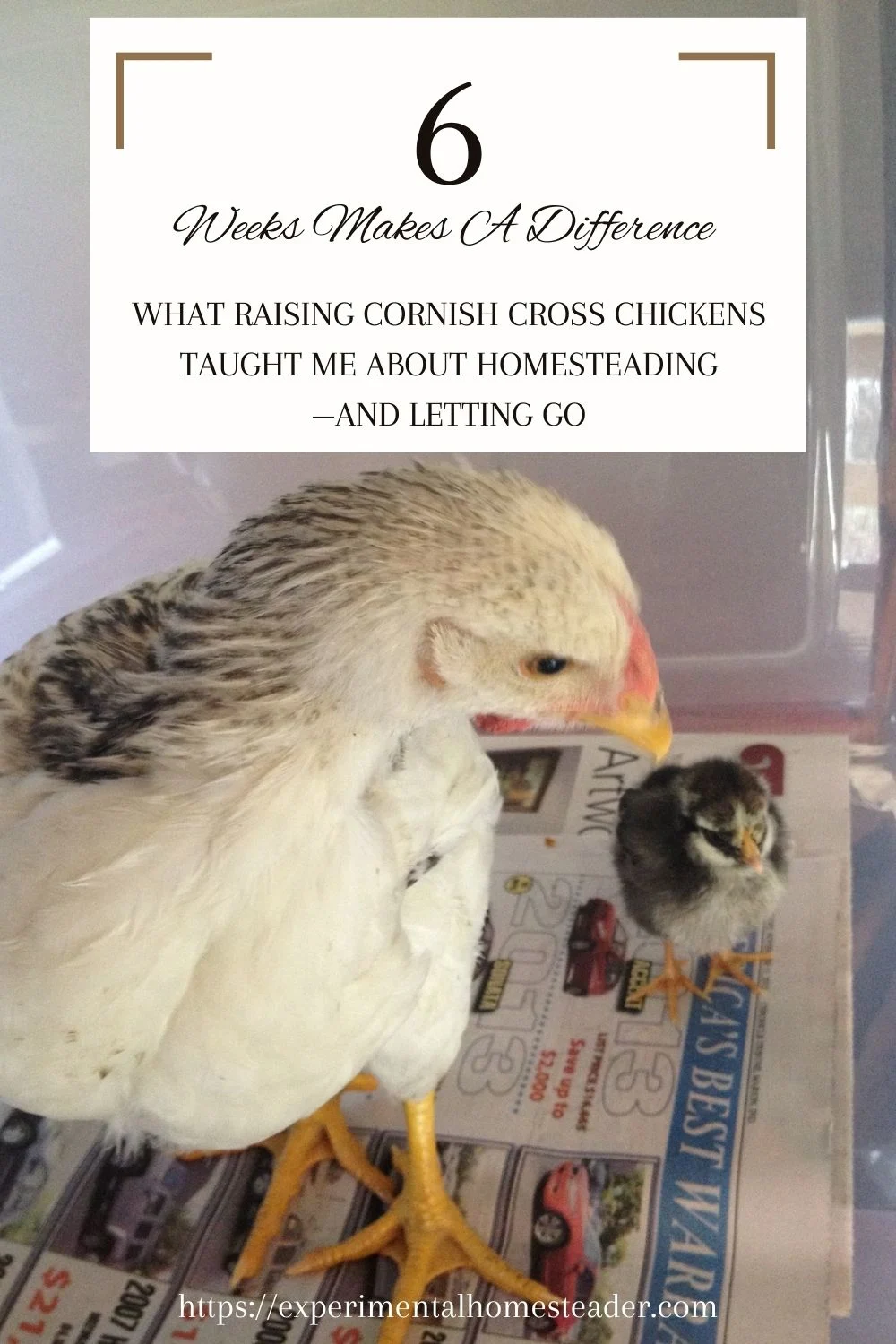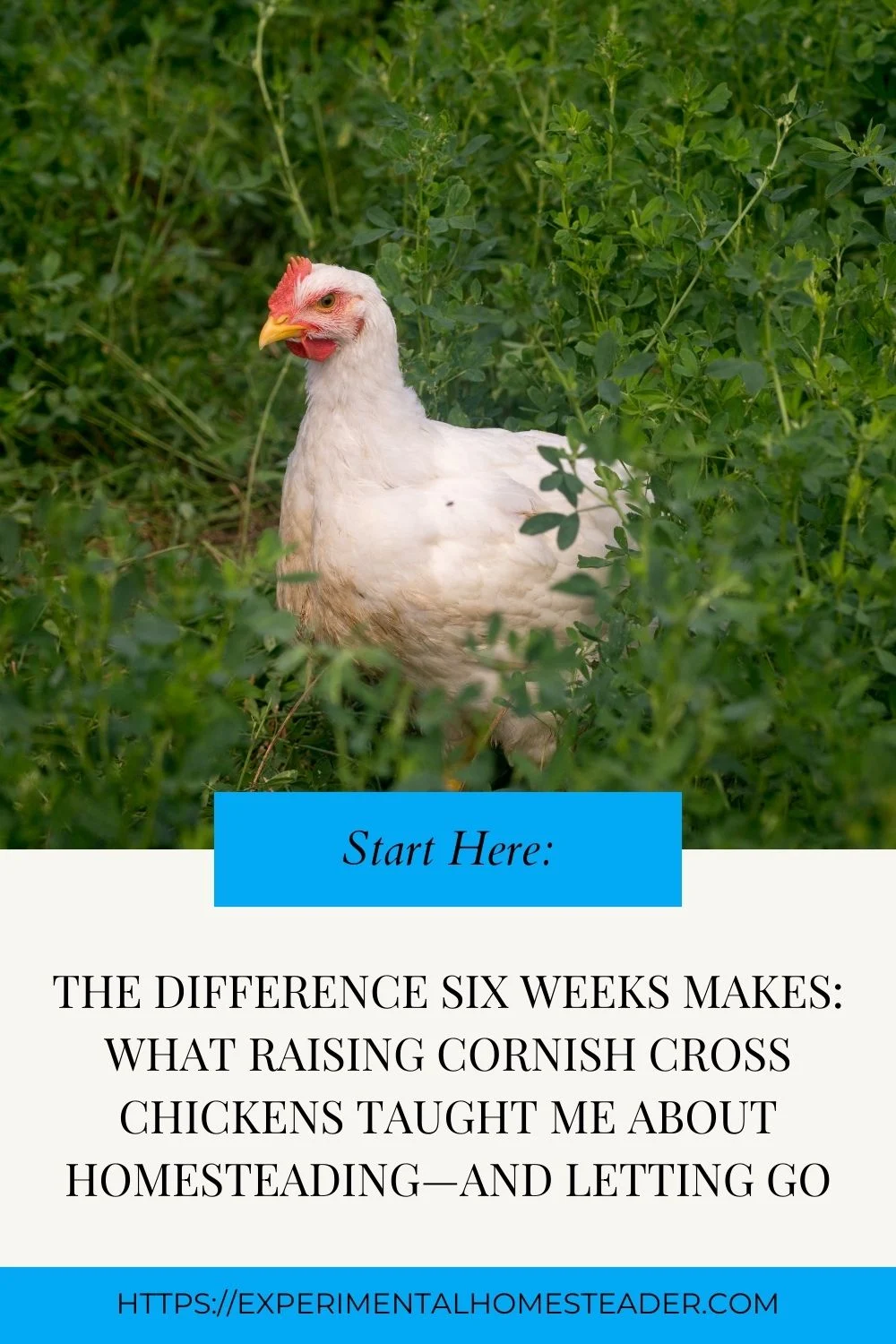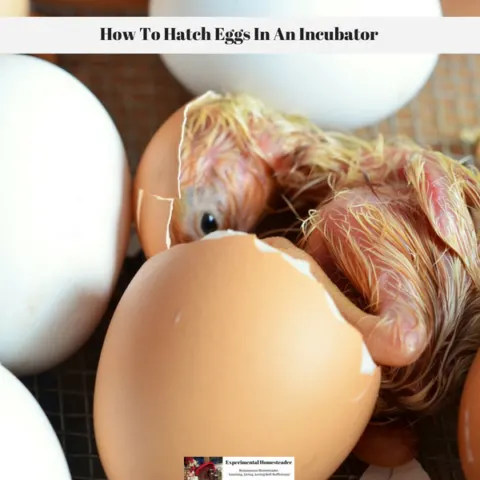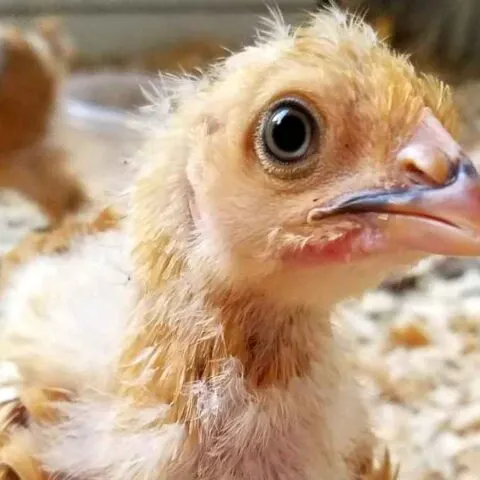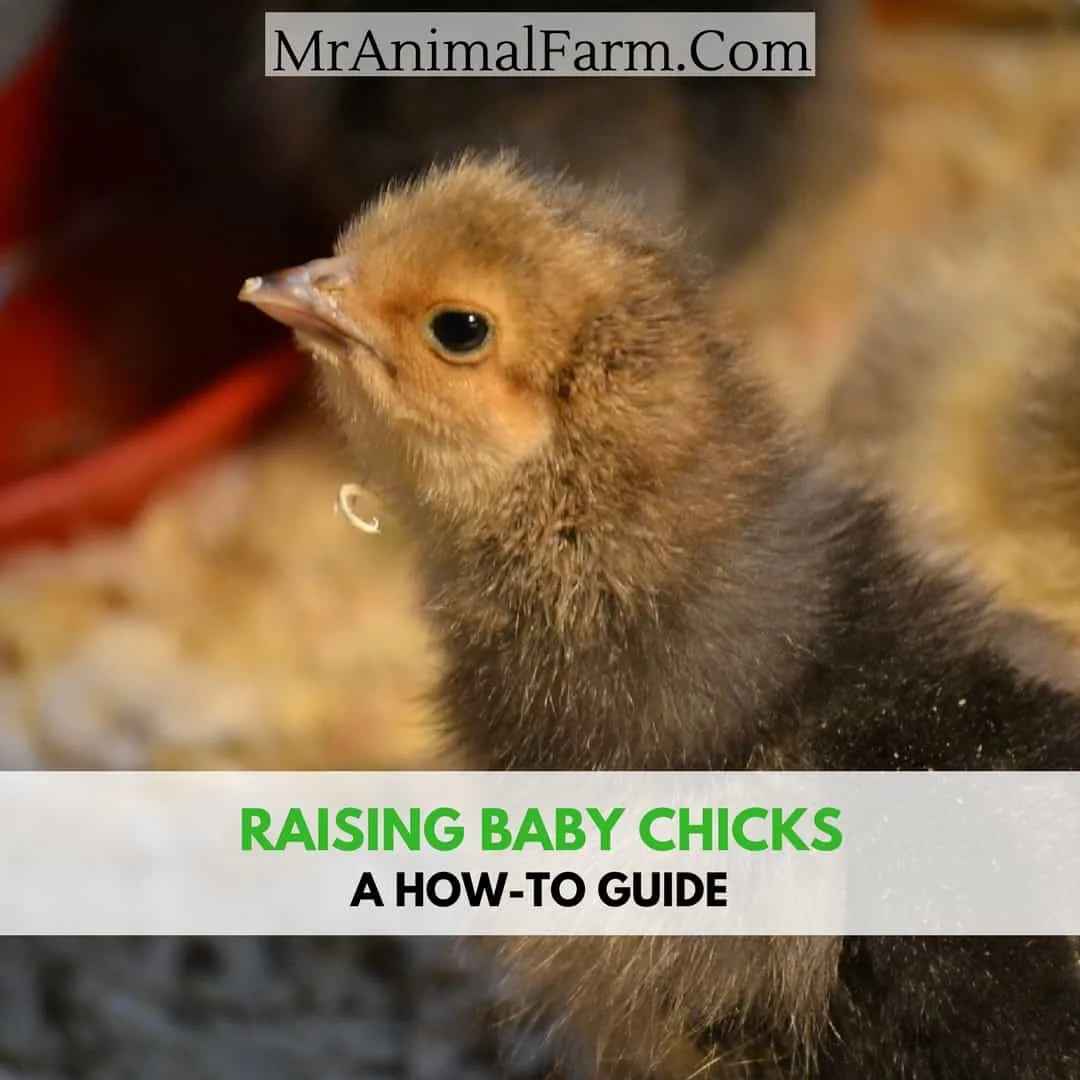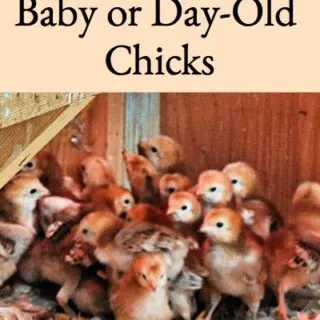The first time I raised Cornish Cross chickens, I had no idea what I was in for.
I’d raised layers before—heritage breeds that scratched around the yard, gave me fresh eggs, and added charm to the homestead—but meat birds?
That was a whole different story.
I remember watching those fluffy little chicks hatch in my incubator with so much excitement.
Six weeks later, I found myself staring at birds that looked like they belonged in a grocery store meat case.
One morning, I saw a newly hatched chick standing next to a six-week-old Cornish Cross from the same incubator cycle, and the size difference hit me like a punch to the gut.
Six weeks.
That’s all it takes.
It still blows my mind.
The Fastest Track to the Freezer
Cornish Cross are bred for meat, plain and simple.
Their ability to grow rapidly and convert feed efficiently is unmatched.
If your goal is to fill the freezer fast or stretch your grocery budget, these birds deliver.
But I didn’t grow up with this knowledge.
I didn’t grow up with enough food at all.
Food was rationed—used as control.
I was the child who got fed last, who had to fight for scraps, who went to bed hungry far more often than anyone should.
So, raising meat birds as an adult wasn’t just about self-sufficiency—it was about reclaiming power.
About making sure no one in my household ever had to feel that kind of emptiness again.
When Slowing Down Means Suffering
At first, I tried to slow things down.
I wanted them to live longer, act more like chickens, forage and sunbathe and dust bathe like my heritage birds.
But Cornish Cross aren’t designed for that.
Their legs give out.
Their organs struggle to keep up.
One sweet hen dropped dead in the yard.
I sent her in for a necropsy, desperate to understand why.
Her heart had literally burst.
And I cried.
Because I loved her.
She loved me and followed me everywhere I went, digging beside me in my flower beds when I was planting them.
But more than that, because I realized my love wasn’t enough to keep her healthy.
She needed me to understand that her body was on a clock.
That waiting was not a kindness—it was a cruelty.
You Can’t Just Feed Them Less
I know some folks try to ration feed, hoping it’ll help.
I did too.
I wanted so badly for them to live a longer, more natural life.
But it doesn’t work.
You can’t override genetics with good intentions.
If you’re raising Cornish Cross Chickens, the kindest thing you can do is butcher them at the right time.
Yes, it’s hard.
Especially when you’ve raised them from hatch day and poured so much care into their short lives.
But keeping them beyond their prime only prolongs their suffering—and yours.
Heritage Breeds Give You Time—and Flavor
If the emotional weight of butchering gets to you, heritage breeds might be the better fit.
They grow slower, they bond with you more deeply, and they give you time to adjust.
The first heritage rooster I processed didn’t look like much once plucked.
I remember feeling disappointed—until I cooked him.
That flavor was deep, rich, and honest.
It tasted like the life he lived.
Not factory-grown.
Not pumped up.
Just real, satisfying chicken flavor.
Better Meat, Raised My Way
One of the biggest reasons I raise my own chickens—beyond the self-sufficiency, the emotional connection, and the peace of mind—is the quality of the meat and eggs.
It’s better.
It’s more nutrient-dense.
The eggs have less bad cholesterol and more good cholesterol.
I know exactly what goes into my birds and how they live.
Every single day, they get fresh grass as I move their chicken tractor to a new spot, giving them access to clean ground, bugs, and sunshine.
During the day, they have a full run enclosed in electric poultry netting where they can roam safely, scratch, and be chickens.
At night, they’re locked securely into the tractor to keep them safe from predators.
I feed them Purina Organic Chicken Feed, along with fresh fruits, vegetables, and of course, plenty of clean water.
These birds live well—and in return, they nourish us in a way that grocery store chicken just can’t.
It’s real food, raised with care, and it matters.
Learning to Let Go—With Grace
The first time I butchered, I cried.
I’ve cried since, too.
This work—it never gets “easy.”
But it does become familiar.
I still talk to my birds.
Sometimes they even end up with a name, which is the first thing you learn not to do, but sometimes I just can't help myself.
I still thank them for giving their life to provide nourishment to us.
I still carry the weight of it.
But now, I understand that letting go is part of the process.
That bird will feed someone who was once the little girl who didn’t get fed like she should have.
That’s healing in its own right.
Final Thoughts: What Six Weeks Really Means
Six weeks.
It’s a blink.
It’s a lifetime.
And it’s enough to grow something meaningful—if you let it.
Raising Cornish Cross Chickens taught me that some lives aren’t meant to be stretched beyond their limits.
It taught me to honor the cycle, to feed my family with intention, and to appreciate what six short weeks can give.
If you’ve raised meat birds, or if you’re considering it, I’d love to hear your story.
Let’s have an honest conversation—about the joy, the heartbreak, and the strength it takes to do this work.
Because homesteading isn’t just about food.
It’s about healing, learning, and making peace—one season, one bird, one choice at a time.
All About Raising Chicks
How To Hatch Eggs In An Incubator
Hatching eggs in an incubator is a fun and educational experience. Learn step by step how to hatch eggs in an incubator in this article.
How to Raise Baby Chicks | A Simple Guide For Raising Baby Chicks
From Homestead Wishing
Raising Baby Chicks - A How-To Guide For The Homesteader
From MRAnimal Farm
raising day old baby chicks
From Better Hens And Gardens Of Bramblestone Farm



